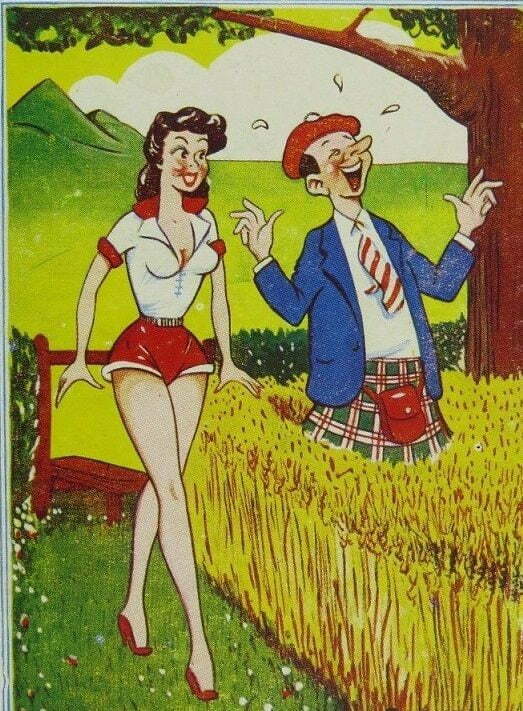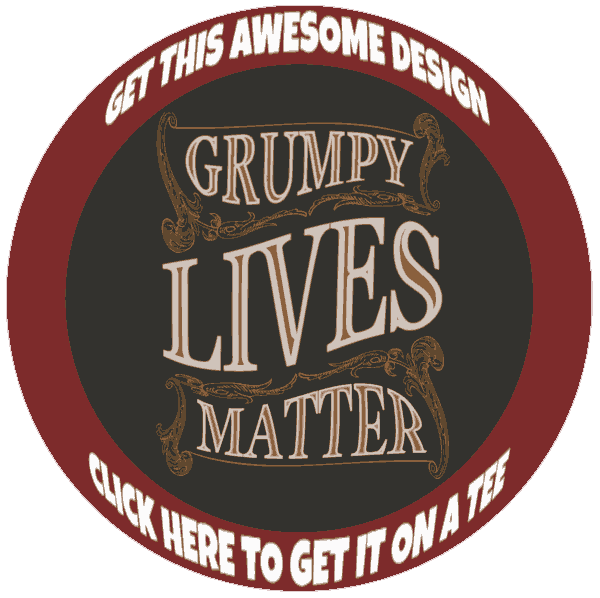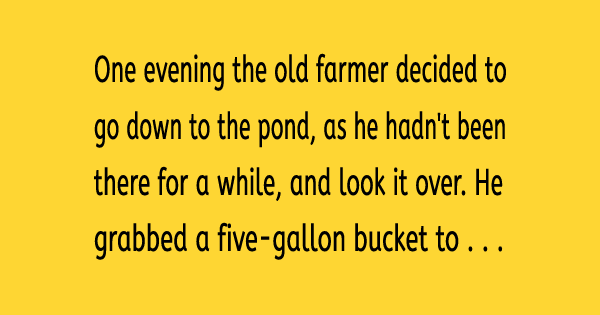DID YOU KNOW? – Gelotology (from the Greek γέλως gelos “laughter”) is the study of laughter and its effects on the body, from a psychological and physiological perspective. Its proponents often advocate induction of laughter on therapeutic grounds in alternative medicine. The field of study was pioneered by William F. Fry of Stanford University.
More at the end of this post

Morris, an 82 year-old grumpy man, went to the doctor to get a physical.
A few days later, the doctor saw Morris walking down the street with a gorgeous young woman on his arm.
A couple of days later, the doctor spoke to Morris the grumpy old man and said: “You’re really doing great, aren’t you?”

Morris a grumpy old man replied: “Just doing what you said, Doc. Get a hot mamma and be cheerful.”
The doctor said: “I didn’t say that. I said, You’ve got a heart murmur – be careful.”
HAVE SOME MORE LAUGHS BELOW!
And read some of our o ther Funny Jokes
Several types of therapy have emerged which use laughter to help patients.Humor and Laughter Therapy consist of the use of humorous materials such as books, shows, movies, or stories to encourage spontaneous discussion of the patients’ own humorous experiences. This can be provided individually or in a group setting. The process is facilitated by a clinician. It can also be used in conversation between medical professionals and patients.
Laughter Meditation possesses similarities to traditional meditation. However, it is the laughter that focuses the person to concentrate on the moment, through a three-stage process of stretching, intentional laughing, and a period of meditative silence. It is sometimes done in group settings.
Laughter Yoga is somewhat similar to traditional yoga, it is an exercise which incorporates breathing, yoga, and stretching techniques, along with laughter. The structured format includes several laughter exercises for a period of 30 to 45 minutes facilitated by a trained individual. It can be used as supplemental or preventative therapy.


